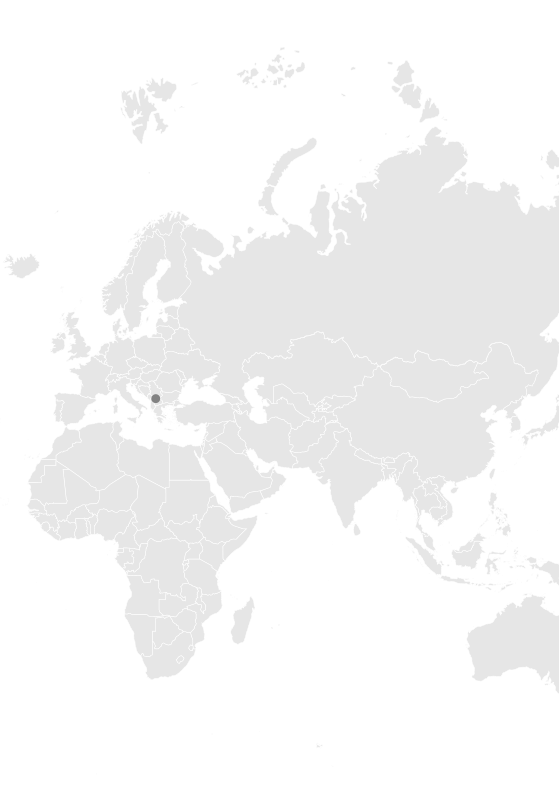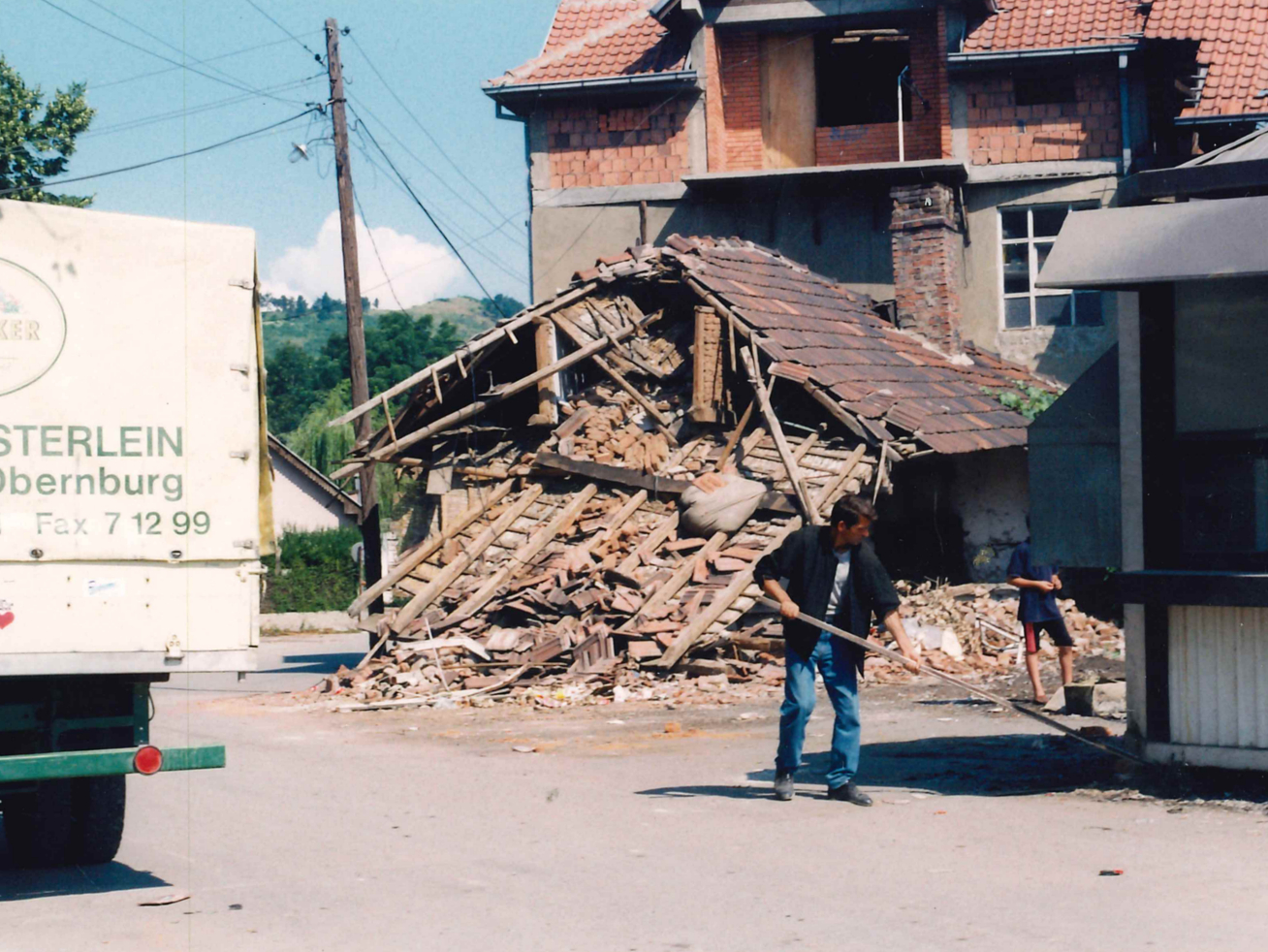

TGH decided to work in the Skenderaj region (northern Kosovo), one of the areas hardest hit by the war. Between September 1999 and January 2000, the association rebuilt the roofs of 306 houses and installed 450 heating systems. It also provided families with the utensils they needed for daily life.
In November 1999, TGH launched a psychosocial support programme for children suffering from post-war trauma. This programme is complemented by the training of social workers. The aim is to help the children develop and thrive by providing socio-educational activities (recreation and games) and by supporting their social and family environment. More specific support will be given to children suffering from psychological trauma, and those most affected by the war will be referred to therapeutic care services. This programme will benefit 2,000 children. In September and October 2000, TGH opened two Community Resource Centres in Skenderaj (on the Albanian side) and Zubin-Potock (on the Serbian side).
These centres should become “resource centres” that promote the development and integration of young people into local society and the wider world. These centres set up activities (educational, cultural, sports, etc.) and the young people must take ownership of the premises by taking initiative and responsibility in their management and organisation. The programme started in July 2000 with major renovation work on the buildings (roofs, partitions, painting, electricity, etc.), the recruitment and training of staff (around 35 people for the two centres) and the equipping of the premises (furniture, office equipment, IT, etc.). The Skenderaj centre was inaugurated on 12 September 2000 in the presence of Bernard Kouchner (UN Civil Administrator in Kosovo). From May to July 2000, TGH also carried out a survey to get as accurate a picture as possible of the situation of street children in the Albanian and Serbian areas of northern Kosovo. As a result of this survey, a day centre was opened in Mitrovica to provide educational, social and psychosocial support to street children.
In April 2000, TGH began an agricultural development programme in the Vushtri region. The aim was to revive potato cultivation and enable farmers to start income-generating production. The supply of seed will enable growers in the region to be supplied with ware potatoes and 1st generation seed. Farmers will receive practical training (in the use of fertiliser and seeds) and will be made aware of the principle of redistributing part of the production. The project also aims to ‘anchor’ the rural population in their home regions, thereby limiting migration to urban areas.
From February to April 2001, potato seeds and fertiliser were distributed to 3,000 producers in the Skenderaj region. In April 2001, a second agricultural development programme was launched in the Vushtri region: support for the veterinary station. This support included the provision of materials, equipment and training, and the establishment of an insemination programme (3,000 seeds). A German veterinarian, an expatriate volunteer, provides training at the Vushtri veterinary centre.


1 rue de Montribloud 69009 Lyon